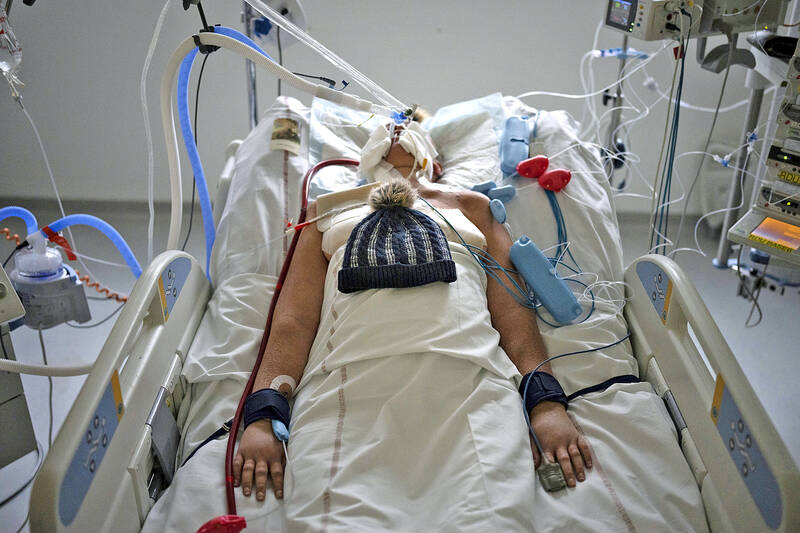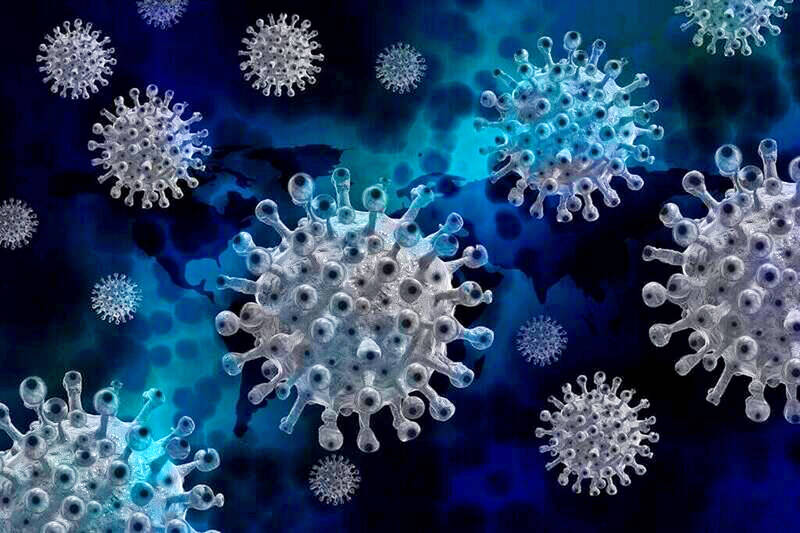臨床表現 (clinical picture)、咳嗽有痰 (productive cough) 與不實消息 (misinformation/ disinformation)
有些醫學用語,如:「咳嗽有痰」,中文一目了然,但對應的英文 productive cough,可能就較難從字面理解。澳洲的 myDr.com.au 解釋 productive cough 如下:
A productive (wet) cough is when you have a cough that produces mucus(黏液) or phlegm (痰).

因此 productive cough(咳嗽有痰),就是因為它produces phlegm, 有別於沒有痰的 cough(乾咳),productive cough 又稱為 wet cough (濕咳)。
醫學術語「臨床表現」 (clinical picture) 無論中文、英文,一般人都不易了解。其實, 臨床 (clinical)是「實際觀察及治療,有別於理論或實驗」:
. . . pertaining to or founded on actual observation and treatment of patients, as distinguished from theoretical or basic sciences.

Photo/Graphic courtesy of Bookman l 圖片:書林
譬如:解剖學、生理學是基礎醫學 (basic medicine),內科、外科是臨床醫學 (clinical medicine)。所以,臨床表現就是「直接觀察病患呈現的症狀」。
「臨床表現」英文也可說 clinical presentation 或 clinical manifestation。雖然也有人主張 clinical picture, clinical presentation 和 clinical manifestation 不完全相等,不過所有同義詞都會有不完全等義的問題,在此就不細述了。
網路常有「不實消息」俗稱「假消息」 (fake news) 流傳,「假消息」如果是「錯誤訊息」英文叫 misinformation 如果是刻意「扭曲訊息」則是 disinformation。
防疫必備詞彙:新冠常見症狀
發燒 fever
乾咳 cough
肌肉痠痛 myalgia
四肢乏力 fatigue
咳嗽有痰 productive cough
A productive [wet] cough is a cough that produces mucus or phlegm.
頭痛 headache
咳血 hemoptysis
腹瀉 diarrhea
文章由書林出版公司提供:
www.bookman.com.tw
蘇正隆 — 台灣翻譯學學會前理事長、師大翻譯研究所兼任副教授; 編著《英語的對與錯》,《世紀病毒:必讀防疫英文知識與詞彙》...等

A: When is the Lantern Festival? B: The festival is celebrated on the 15th day of the first month of the lunar calendar, which fell on Feb. 12 this year. A: Oh no! Did I miss the 2025 Taipei Lantern Festival? B: Yes, you did. But you can still go to the 2025 Taiwan Lantern Festival in Taoyuan, which will run until this Sunday. A: Let’s go admire the exuberant lanterns. A: 元宵節到底是哪一天? B: 就是農曆1月15日啊,今年則落在國曆2月12日。 A: 喔不,我是不是錯過了2025台北燈節? B: 是的,但你還可以去桃園的2025台灣燈會,活動將持續至週日。 A: 那我們去欣賞豐富的花燈秀吧! (By Eddy Chang, Taipei Times/台北時報張聖恩)

Every February, the small town of Ptuj in Slovenia comes alive with the vibrant celebration of its famous carnival. This festival, with its deep historical roots, is a cherished tradition where local residents come together to ward off the winter cold and embrace the arrival of spring. Participants dress up in furry costumes, transforming into kurenti, mythical monsters believed to drive away evil spirits and bring good fortune for the new year. Although the exact origins of the Ptuj carnival remain a mystery, it is firmly rooted in ancient Slavic and Illyrian cultures. The modern form of the carnival

A: What’s the theme of the 2025 Taiwan Lantern Festival’s main lantern? B: The theme is “Paradise,” and the main lantern is a snake-shaped “infinity” symbol that features a lighting show every half an hour. A: Cool, I heard that there are over 300 lanterns. B: There are even giant lanterns in the shape of Pikachu and some other popular Pokemon characters. A: Let’s go now. A: 2025台灣燈會主燈的主題是什麼? B: 主題是「無限樂園」!主燈的造型則是蛇形的數學「無限號」,主燈每半小時還有一次燈光秀。 A: 酷喔,聽說總共有300多件花燈作品。 B: 甚至還有皮卡丘和其他熱門寶可夢角色的巨型花燈呢。 A: 哇我們現在就出發吧! (By Eddy Chang, Taipei Times/台北時報張聖恩)

本文由生成式AI協作,本刊編輯編修。 Tucked away in southwestern Taiwan, Yunlin County is a treasure trove of cultural heritage, rich history, and natural beauty. From its stunning temples and glove puppetry to historical architecture and picturesque landscapes, Yunlin rewards those who venture off the beaten path. Yunlin is renowned for its flourishing temple culture. Temples in this region are not merely places of worship but also communal centers where people gather for festivals, rituals, and social functions. One of the most notable temples here is the Beigang Chaotian Temple, which was built more than 300 years ago and is dedicated to Matsu, the sea